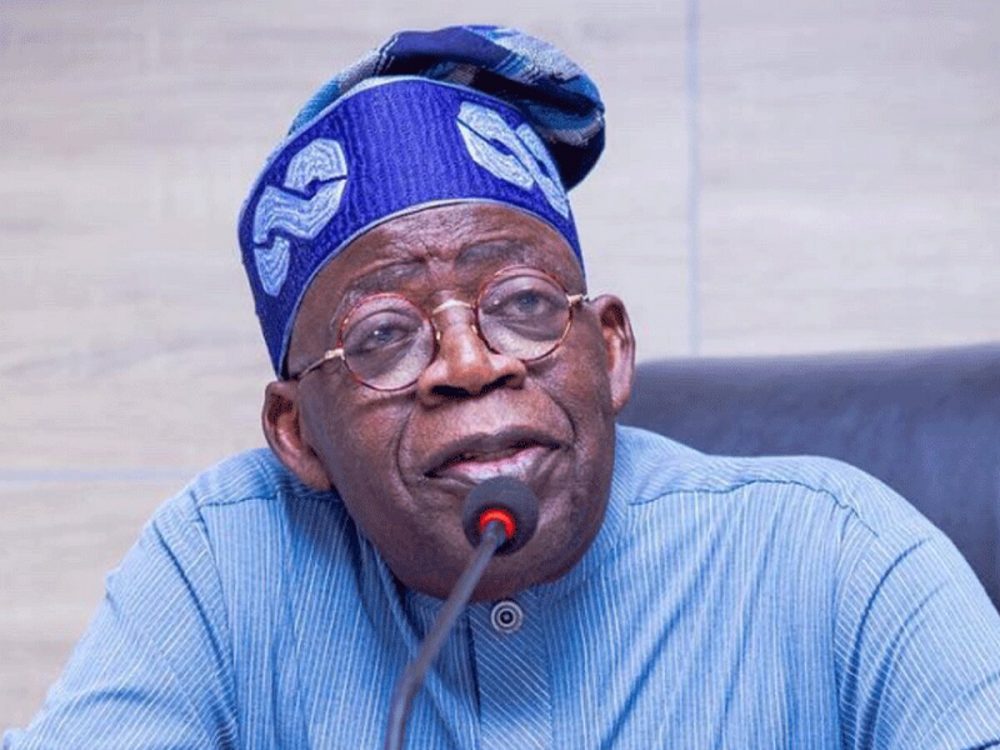Forget about Tinubu’s age, Nigerians voted legacy
By Emeka Mayaka, March 3, 2023Former Nigerian Vice-President Atiku Abubukar is an unlucky man. The famously polygamous politician has been successful at the family level but his quest for the presidency has been elusive. Atiku has five wives and more than 26 children. He says that through polygamy, he intended to expand the Abubakar family.
“I felt extremely lonely as a child. I had no brother or sister. I did not want my children to be as lonely as I was,” he explains.
The same success has not been translated on the political stage. Despite presenting the strongest credentials – he was vice-president under Olusegun Obasanjo, top civil servant, shrewd businessman – Nigerians have repulsed his presidential ambition, six times.
Atiku first contested the presidency in 1992 and was hoping that he will be lucky in the just concluded election. Nigerians instead snubbed him for Bola Tinubu.
Predictably, the conversation around Tinubu among Kenyans has centred on his age and seeming frailty and incoherence.
But the question is why did our West African brothers opt for the 71-year-old former governor of Lagos at the expense of Atiku and Peter Obi who appeared to have captured the imagination of Nigerian youth?
Tinubu’s victory means he took the prize on first attempt, just like Shehu Shagari, Olusegun Obasanjo and Umaru Yar’adua before him.
It is about legacy. Atiku has failed to account for his achievements while serving as Obasanjo’s deputy. As one pundit harshly appraised, apart from Atiku’s “run-off-the-mill” press statements of promises, there is no documentary or credible literature to assess his economic plans and leadership abilities.
Despite serving as his VP, Obasanjo was rooting for Obi while retired President Ibrahim Babangida painted Tinubu in golden colours. He was the candidate of outgoing President Muhammadu Buhari’s ruling party.
Babangida celebrated Tunubu’s victory as “a bright moment that will usher a new dawn for Nigeria.” Babangida said “it’s a thing of joy that this is happening in my lifetime. I can confidently say that Tinubu is a good man for the job.”
The new leader, who is described as the godfather of Lagos, earned his stripes due to his stellar career as governor of Lagos. He has been quietly determining who becomes Nigeria’s president but felt that after years of king making, it was now his turn to ascend to the presidency.
His campaign slogan was “Emi Lokan,” which translates to “it is my turn,” in his native Yoruba language. Esiwaju, as Nigerians call him, was governor of Lagos between 1999 and 2007. He is widely credited for transforming the city.
Esiwaju, cleaned up Lagos, provided houses for the poor, made huge investments in education, fought corruption, reformed the civil service, improved infrastructure and staff salaries. He weeded out ghost workers from the payroll and hired expatriates to improve hospitals and the transportation system.
“From economy to education, and security, there is an avalanche of accomplishments in the public and private sectors to prove Tinubu is credible, tested and worthy to be trusted again,” wrote Mutiu Olagunju ahead of the polls.
Of course, the man has what Russian playwright Nikolai Gogol calls “little failings,” in his epic novel The Government Inspector.
There are questions about the source of his vast wealth and academic credentials. Nigerians also seem nervous about his ambivalence about the state of his health.
All said, Tinubu’s election speaks volumes about the basis for solidarity with candidates during elections.
Merit, legacy and integrity hardly inform the choice of leadership in Kenya. Nepotism, blind tribal faith, financial incentives and raw ignorance remain the key drivers during elections.
Former Cabinet minister Mukhisa Kituyi has argued that politics is “a bastard which does not respect rationality all the time”.
The most talented people never get elected because they are an insignificant minority. People vote for individuals who are like themselves.
Kenyan voters take collective leave of their senses in the last mile and start complaining after elections.
Clever people offer themselves for elections but drug lords splash money and all common sense is sent on sabbatical.
In Esiwaju, Nigerians voted for legacy.
—The writer is the Political Editor, People Daily
